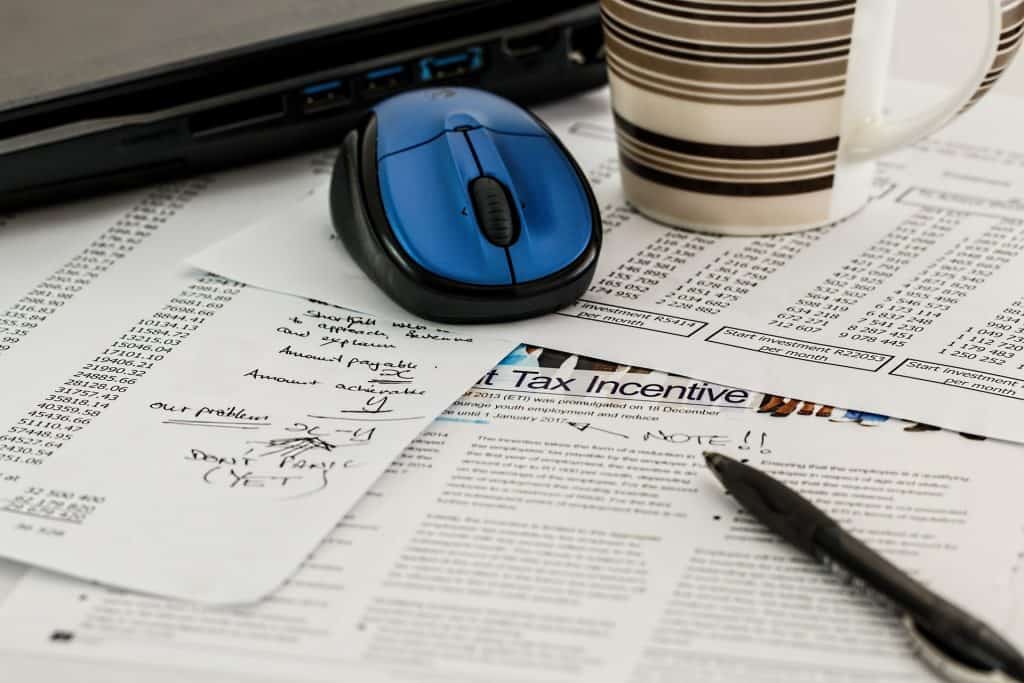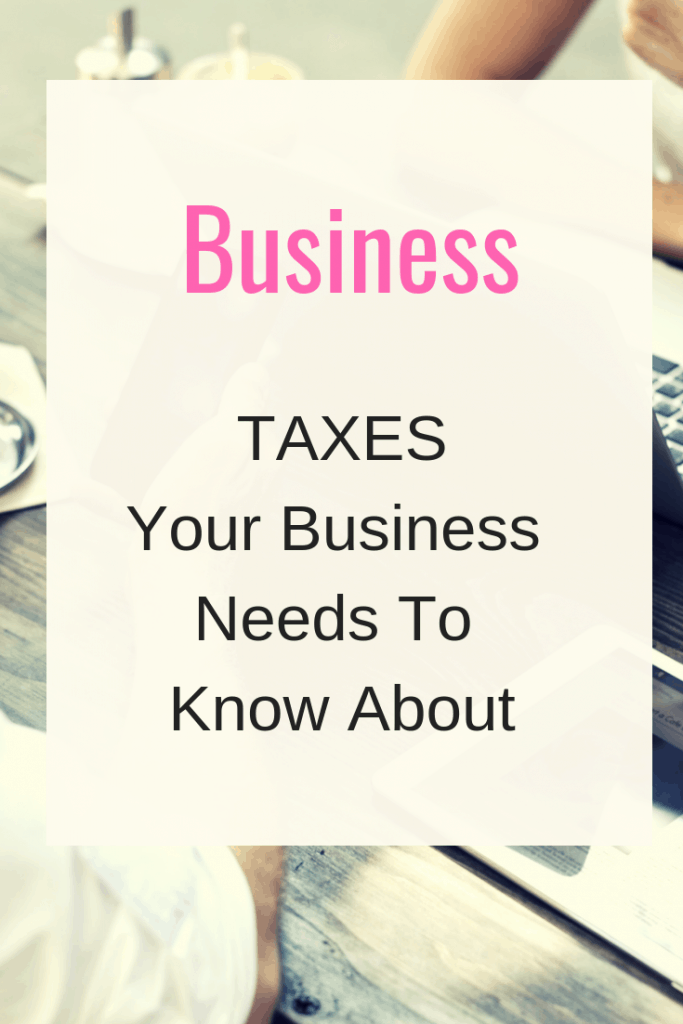If you run any type of business, you will need to know a bit about taxes, as you will need to pay some at some stage. With the abundance of different taxes and tax rules in the United Kingdom, it can be difficult to know what each tax is, and whether it applies to you. A basic understanding is essential. Keeping that in mind, in this post we are going to talk you through the taxes that every small business owner should know about.
Business Rates – Business rates are essentially the equivalent to council tax. You will need to pay this type of tax if you have a business that operates from either a rental property or your own office space. There are several buildings that are exempt from business rates, so it is worth checking this out before you go ahead and pay. For example, the likes of farm buildings are often eligible for business rates relief. What happens if you run your business from home? Well, as you already pay council tax, you won’t have to pay business rates too unless you have employees working from your home.

Insurance Premium Tax – This is a tax on general insurance premiums. You will need to register for this type of tax if you are someone who charges the insured an insurance-related fee or you are an insurer who receives (or intends to get) taxable insurance premiums. You do not need to register for this if you only receive premiums that are linked completely to exempt insurance contracts. You don’t need to pay tax if you are a general business that relies on insurance to run. In fact, you will usually be exempt of tax in this regard. For example, if you are a car salesperson or trader, you will see through the traders policy insurance rules that you can actually put this through as a deductible expense.
VAT – All businesses are subject to VAT if they make sales that account to more than £82,000 per annum. The standard rate for VAT at present is 20 per cent. However, there are some companies that are entitled to a reduced rate, typically five per cent. It is vital to note that you will need to register your business for VAT.
National Insurance – Next we have National Insurance, which is paid to the government and can be slightly confusing for business owners because there are several different classes of national insurance. The amount of profit you make will determine how much NI you pay.
Excise Tax – Another type of tax you need to know about is excise tax. This is a type of tax that is paid when a purchase is made on a specific good, for example, gas. In most cases, this type of tax will be included in the price of the product. You may also find that there are excise taxes on certain activities, for example, on highway usage by trucks or wagering. Motor fuel tends to be one of the major components of the excise program.
Corporation Tax – Corporation tax is currently set at 20 per cent, and all limited companies must pay this rate on their profit. There is no threshold for this tax – as soon as you make a profit you must start paying it.
Income Tax – Last but not least, we have income tax. If you are a limit company, you may pay income tax on any dividends or salary you take from the business. If you are a sole trader, you need to pay income tax on our profits once you have hit the personal allowance rate, which is currently set at £11,500.
As you can see, there are a number of different types of taxes that you need to be concerned with as a small business owner. If you are unsure regarding what types of taxes are applicable to you, it is a good idea to use the services of an accountant. Not only will they make sure you are paying all of the taxes you need to, but they will be aware of all of the different tax breaks that you can make the most of in order to lower your bill in this respect.

This post has been written by an outside source – See Disclosure Policy


